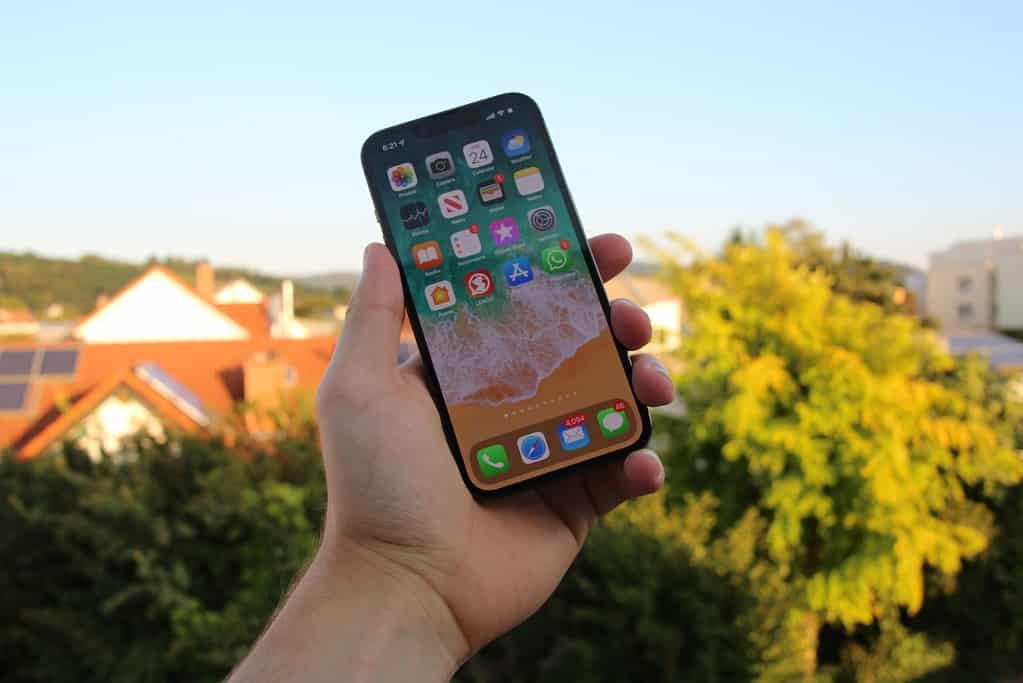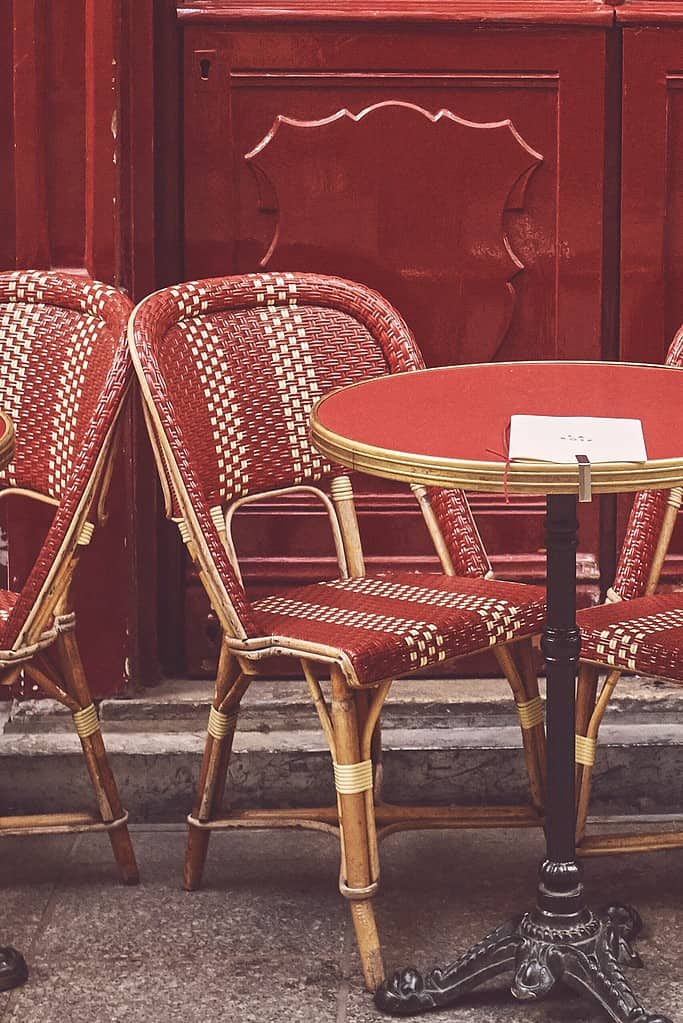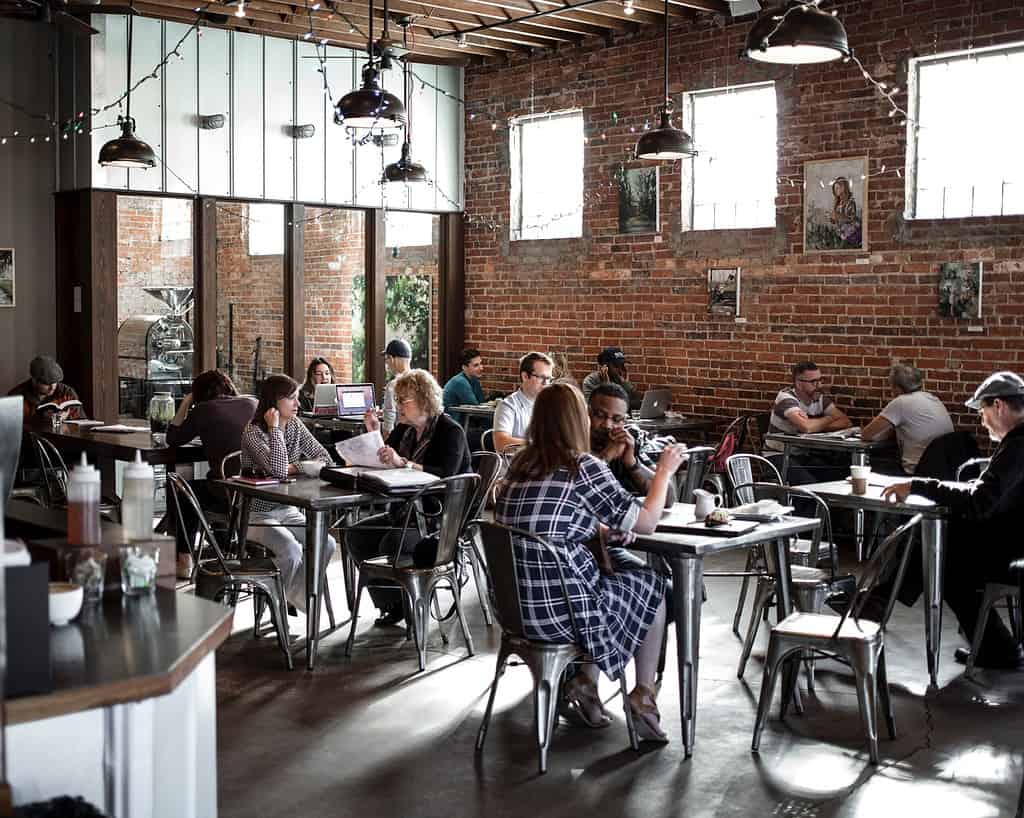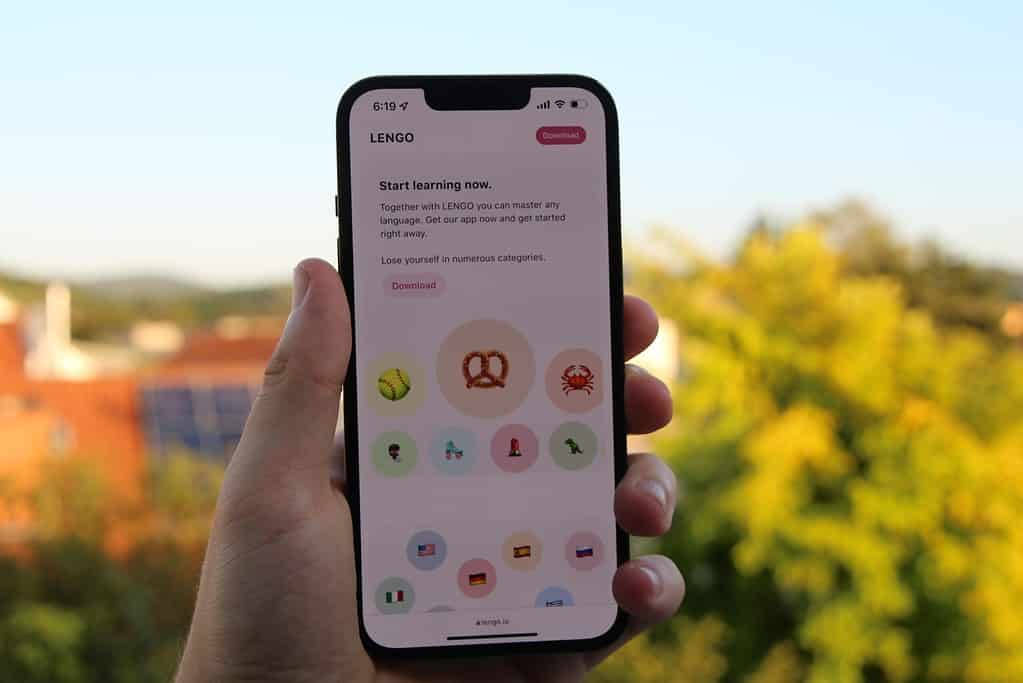Language learners are constantly in search of creative ways to enhance their French, and using cinema as a learning tool is one of the most enjoyable and effective methods available. Not only does French film offer exposure to authentic dialogue and cultural nuances, but it also serves as a dynamic vehicle for improving listening comprehension and vocabulary. Whether you’re a beginner or an advanced learner craving conversational confidence, integrating films into your study routine can transform your learning experience. For more ideas on boosting your conversational skills, consider exploring swaplang’s innovative platform where private language exchanges bring French right to your screen.
Benefits of Learning French Through Film
French cinema is more than just entertainment—it’s a powerful educational tool. Watching films helps you pick up phrases that textbooks overlook and familiarizes you with the natural pace and flow of spoken French. According to a detailed article on Learn French by Watching Movies with Subtitles – Talkpal, films can boost your listening comprehension and introduce you to everyday idiomatic expressions in context. As characters express emotions through tone and body language, you begin to intuitively understand cultural subtleties and humor. The process is immersive; you absorb vocabulary and pronunciation by hearing authentic dialogues, making your study sessions less monotonous and more engaging. As you witness French culture unfold on screen, you also build an emotional connection with the language—an essential ingredient for long-lasting retention and true fluency.
Top French Films for Language Learners
Selecting the right films is key to optimizing your language learning. Classic films like “Amélie” transport you to the quirky streets of Paris, providing an insight into the urban culture and playful slang. Meanwhile, “Les Intouchables” offers an inspiring story with genuine, heartfelt dialogue that can serve as a catalyst for learning both formal and informal French. For a taste of dramatic intensity, “La Haine” is an excellent option, despite its harsh themes—it immerses you in raw, real conversations that are reflective of many everyday situations. Additionally, exploring different genres diversifies your vocabulary, from romantic expressions to the jargon of action-packed thrillers. For a curated list of French films curated for language learners, check out a related post on swaplang and start building your watch list today.

Key Vocabulary and Expressions in Cinema
Cinema is a goldmine for phrases and expressions that textbooks often neglect. Films capture everyday language from the colloquial banter in café scenes to the eloquent speeches in dramatic climaxes. As you watch, jot down unfamiliar words and expressions; you might even notice recurring idioms that express cultural values or unique humor. Engaging with French movies allows learners to differentiate between formal language and the more playful, spontaneous conversation style heard on screen. For instance, a casual “Ça va?” can accompany a myriad of nuanced responses depending on the situation. Resources that explore language in context, such as the piece on French Idioms Unveiled: Speak Like a Native, can provide extra insights into these expressions while helping you integrate them into your everyday speaking style. Over time, these cinematic expressions can enrich your vocabulary repertoire and boost your conversational confidence.
Cultural Insights Through French Movies
French films do more than teach the language—they offer an inside look at French society and cultural heritage. By watching movies that span historical dramas, modern comedies, and intense thrillers, you learn about the social norms and values that shape the French way of life. For instance, many films subtly address themes such as family dynamics, regional pride, and the celebration of art and philosophy. This immersion provides you with a contextual understanding that textbooks can’t replicate. A solid grasp of cultural references enhances your ability to interpret humor, sarcasm, and even political commentary. The exploration of French cinema, as discussed in an enlightening article on Exploring French Cinema to Enhance Language Skills – Voyagelinguist French, shows that films are an effective bridge between language learning and cultural fluency by delivering lessons in history, art, and everyday life.
How to Effectively Use Subtitles for Learning
Subtitles are an essential tool for turning a movie into a mini language lesson. Employing a dual-track approach—starting with French subtitles and then testing your memory without them—can significantly improve your listening and reading skills simultaneously. As suggested by experts in Boost Your French: How Watching Movies and Shows Enhances Language Skills, subtitles reinforce your understanding of pronunciation and new vocabulary. To maximize the benefits, pause frequently to note down phrases and compare the spoken dialogue with the written words. When you’re ready to challenge yourself, switch off the subtitles and try to follow along. This method not only builds comprehension but also sharpens your overall critical listening skills, an edge that is invaluable during real-life conversations.
Discussion Points for Language Practice
After watching a French film, setting aside time to discuss its content can further solidify your language skills. Whether you’re reviewing the film with a study group, your private tutor, or even a swaplang conversation partner, discussing character motivations, plot twists, and thematic elements enhances both your expressive and receptive language abilities. Topics such as the protagonist’s choices, cultural symbolism, or even the director’s style offer rich ground for debate and language practice. Additionally, posing questions about the subtleties in dialogue and comparing film expressions with everyday language use can transform passive watching into an active learning session. For more conversation practice ideas, explore the insights shared in 10 Effective Ways to Practice Speaking French Daily, which offers practical tips to integrate film discussions into your routine. These discussions not only deepen your comprehension but also make your learning experience more interactive and fun.
Integrating French cinema into your language studies is a dynamic approach that combines visual, auditory, and contextual learning. The journey into the world of French films not only broadens your vocabulary and improves your listening skills, but also delivers a deeper understanding of French culture overall. For those eager to take their language skills to the next level, signing up for swaplang’s free trial might just be the perfect next step. Explore fun, engaging conversations with native speakers while delving into the colorful world of French cinema. Embrace this cinematic adventure and watch your French skills flourish!

















